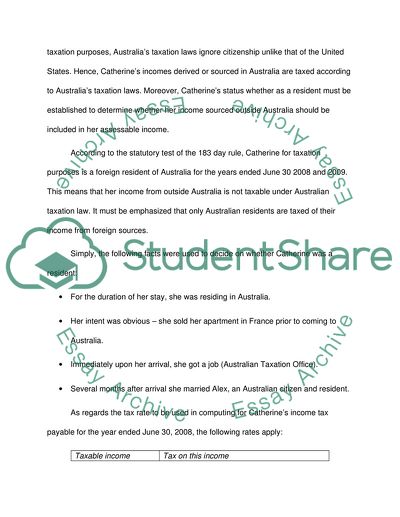Cite this document
(Principles of Taxation Laws Essay Example | Topics and Well Written Essays - 2500 words, n.d.)
Principles of Taxation Laws Essay Example | Topics and Well Written Essays - 2500 words. Retrieved from https://studentshare.org/macro-microeconomics/1717360-case-analysis-australian-taxation-law
Principles of Taxation Laws Essay Example | Topics and Well Written Essays - 2500 words. Retrieved from https://studentshare.org/macro-microeconomics/1717360-case-analysis-australian-taxation-law
(Principles of Taxation Laws Essay Example | Topics and Well Written Essays - 2500 Words)
Principles of Taxation Laws Essay Example | Topics and Well Written Essays - 2500 Words. https://studentshare.org/macro-microeconomics/1717360-case-analysis-australian-taxation-law.
Principles of Taxation Laws Essay Example | Topics and Well Written Essays - 2500 Words. https://studentshare.org/macro-microeconomics/1717360-case-analysis-australian-taxation-law.
“Principles of Taxation Laws Essay Example | Topics and Well Written Essays - 2500 Words”, n.d. https://studentshare.org/macro-microeconomics/1717360-case-analysis-australian-taxation-law.


